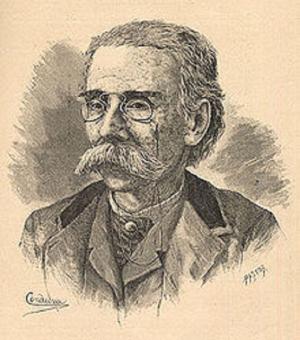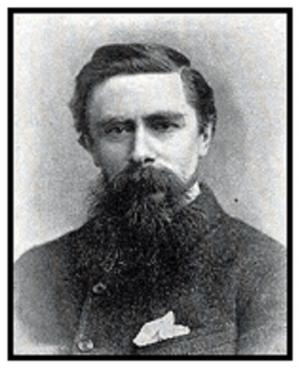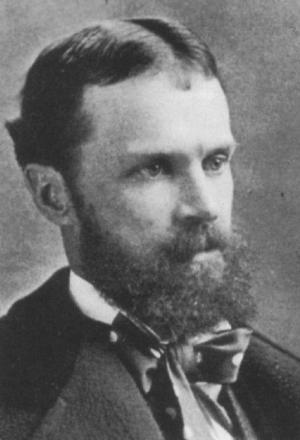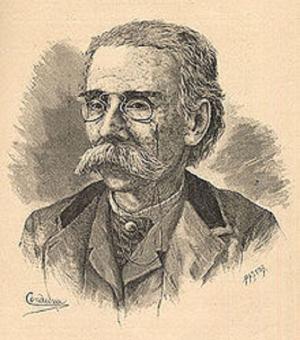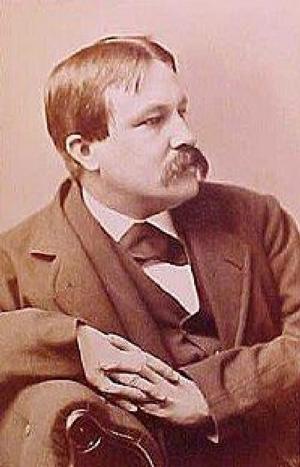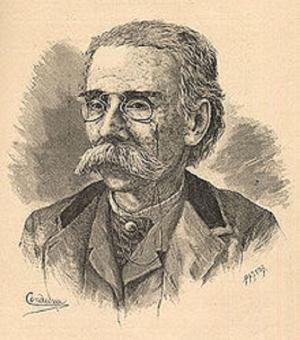Your Child, Today and Tomorrow (1912), some problems for parents concerning punishing, reasoning, lies, ideals and ambitions, fear, work and play, imagination, social activities, obedience, adolescence, will, and heredity
Nonfiction, Health & Well Being, Self Help| Author: | Sidonie Matzner Gruenberg | ISBN: | 9781455390434 |
| Publisher: | B&R Samizdat Express | Publication: | December 15, 2009 |
| Imprint: | Language: | English |
| Author: | Sidonie Matzner Gruenberg |
| ISBN: | 9781455390434 |
| Publisher: | B&R Samizdat Express |
| Publication: | December 15, 2009 |
| Imprint: | |
| Language: | English |
The second edition, first published in 1920. According to the Preface: "In my efforts to learn something about the nature of the child, as a member of child-study groups, and in my own studies, I have found a large mass of material--accumulated by investigators into the psychology and the biology of childhood--which could be of great practical use to all concerned with the bringing up of children. In this little book I have tried to present some of this material in a form that will make it available for those who lack the time, or the special training or the opportunity to work it out for themselves. It has been my chief aim to show that a proper understanding of and sympathy with the various stages through which the child normally passes will do much toward making not only the child happier, but the task of the parents pleasanter. I am convinced that our failure to understand the workings of the child's mind is responsible for much of the friction between parents and children. We cannot expect the children, with their limited experience and their undeveloped intellect, to understand us; if we are to have harmony, intimacy and cooperation, these must come through the parents' successful efforts at understanding the children."
The second edition, first published in 1920. According to the Preface: "In my efforts to learn something about the nature of the child, as a member of child-study groups, and in my own studies, I have found a large mass of material--accumulated by investigators into the psychology and the biology of childhood--which could be of great practical use to all concerned with the bringing up of children. In this little book I have tried to present some of this material in a form that will make it available for those who lack the time, or the special training or the opportunity to work it out for themselves. It has been my chief aim to show that a proper understanding of and sympathy with the various stages through which the child normally passes will do much toward making not only the child happier, but the task of the parents pleasanter. I am convinced that our failure to understand the workings of the child's mind is responsible for much of the friction between parents and children. We cannot expect the children, with their limited experience and their undeveloped intellect, to understand us; if we are to have harmony, intimacy and cooperation, these must come through the parents' successful efforts at understanding the children."

